What IVF taught me about political possibility
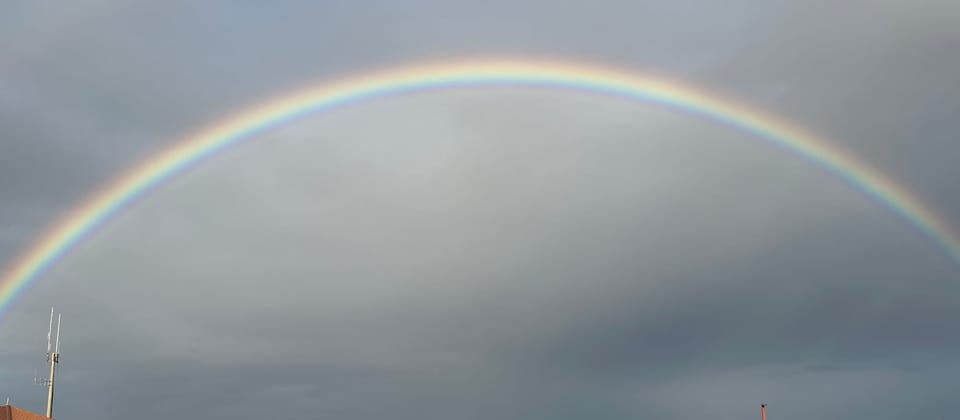
Back in February, a political decision affected my life. Over here in Alabama, where I live, while offering an opinion on a court case a group of Alabamian judges called frozen embryos children. The decision shut down fertility treatment and clinics in the state. Suddenly, no one could do in vitro fertilization treatments (IVF). For my spouse and I, who were undergoing IVF, it was a headline come to life: a political force given power. A set of invisible locks and blocks yanked out of the atmosphere of debate and rhetoric into our private sphere.
In IVF the goal is to create embryos in a lab to be implanted into the uterus — rather than creating an embryo the fun regular way via sex. In IVF, technicians and gloved hands fertilize the the egg in a lab. People do this because the fun regular way hasn't resulted in a baby, which was the case for us. So, we turned to science and expertise to help create a baby. After five days of growth in the lab and becoming a clump of cells, specialists store the embryo in a cryogenic freezer where they can remain for years. To quote my spouse in the New York Times, we had embryos, not children. But in the eyes of the Alabamian judges, those five-days-of- growth cells were, actually, children.
We we were hoping to use one of our embryos in March. No longer. After the court decision, IVF stopped in the state. You couldn't haul embryos out to another state, either. In theory, if anything happened to the embryo — if it didn't grow into a human baby, fertility specialists could be sued for wrongful death. If a truck driver crashed and the embryos were destroyed, the driver and company could be sued.
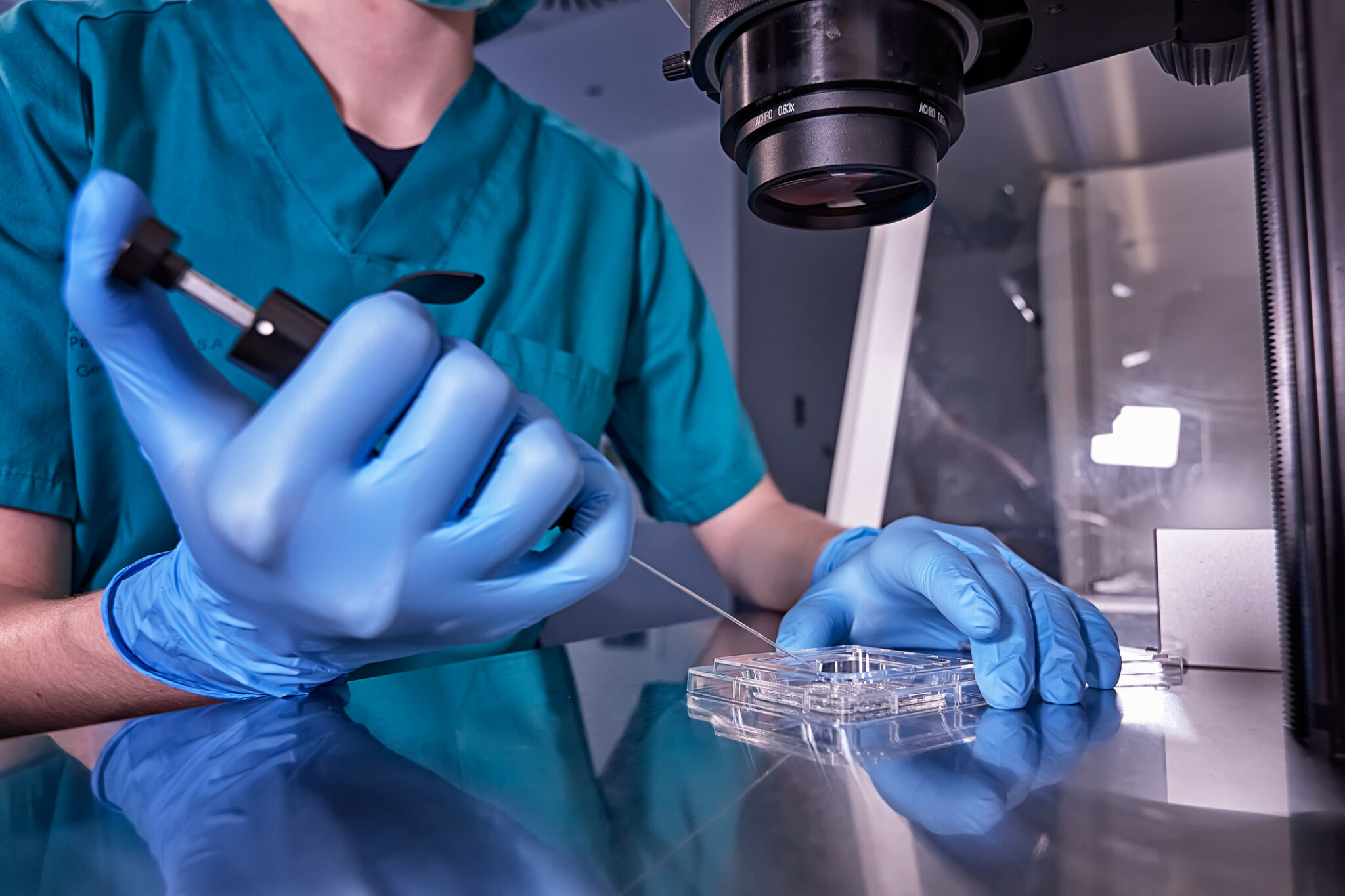
At the time, my spouse and I were closing in on three years of trying to have our first baby. Through IVF treatment, we got four embryos. In our minds, we had four chances. We could afford to go through making embryos this one time, and we figured we had enough time to try four implantations, if we needed. We also knew it would be a lot of emotional and mental labor to go through one embryo implant, let alone four. We tried our first in 2023, and after 7 weeks, it, sadly, resulted in a miscarriage.
By the time we got into 2024, we were ready to try again. Then the judges ruled. We lost the ability to continue care. We couldn't access a treatment we paid tens of thousands of dollars to use. We didn't have the choice. No Alabamians did. As our fertility specialist once put it to a newscaster: this ruling would result in less children being born in Alabama.
A state, a political choice, a system created by political leaders, changed what was possible. They changed what we could do with our healthcare. It wasn't hard to imagine this becoming a set-in-stone law that made it impossible to have kids with IVF. Like in the case of our first transfer, many embryos don't result in a live birth. Many don't morph into a person, which is also true when people get pregnant due to sex. In fact, 10% to 20% of all known pregnancies end in a miscarriage.
This felt like a new political bubble emerged out of the land and covered the sky. A force that crashed through the windows and into the most intimate of spaces — the private space of reproduction, sex. It felt like a judgement. A decision from a group of (mostly) older (white) men had taken away a fertility choice away from us.
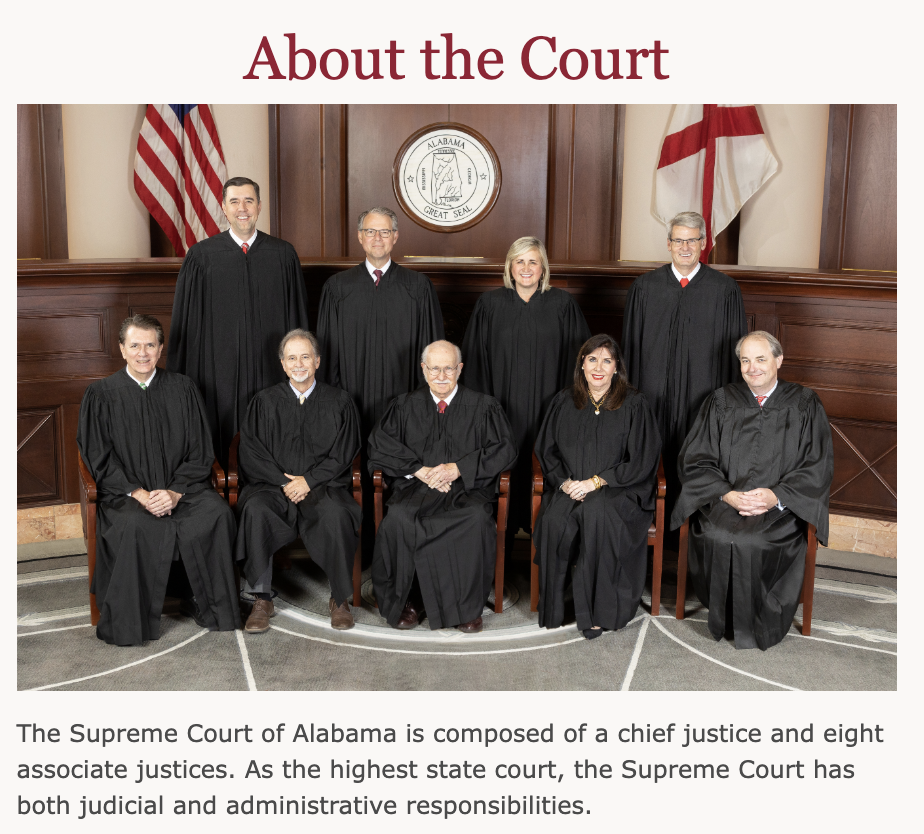
We got lucky, though. People went to work. Advocates went to the capital like the staff at our fertility clinic and the many affected by the ruling. The people at Resolve, an advocacy group for helping those with barriers to infertility, put people in motion and altered the media. Lobbyists were hired, and everyday people protested. People wrote emails, made phone calls who could not join folks at the capital. Others helped draw attention with journalism and the media. (My spouse and I spoke to three outlets in NYT, The Guardian, and Cosmo).
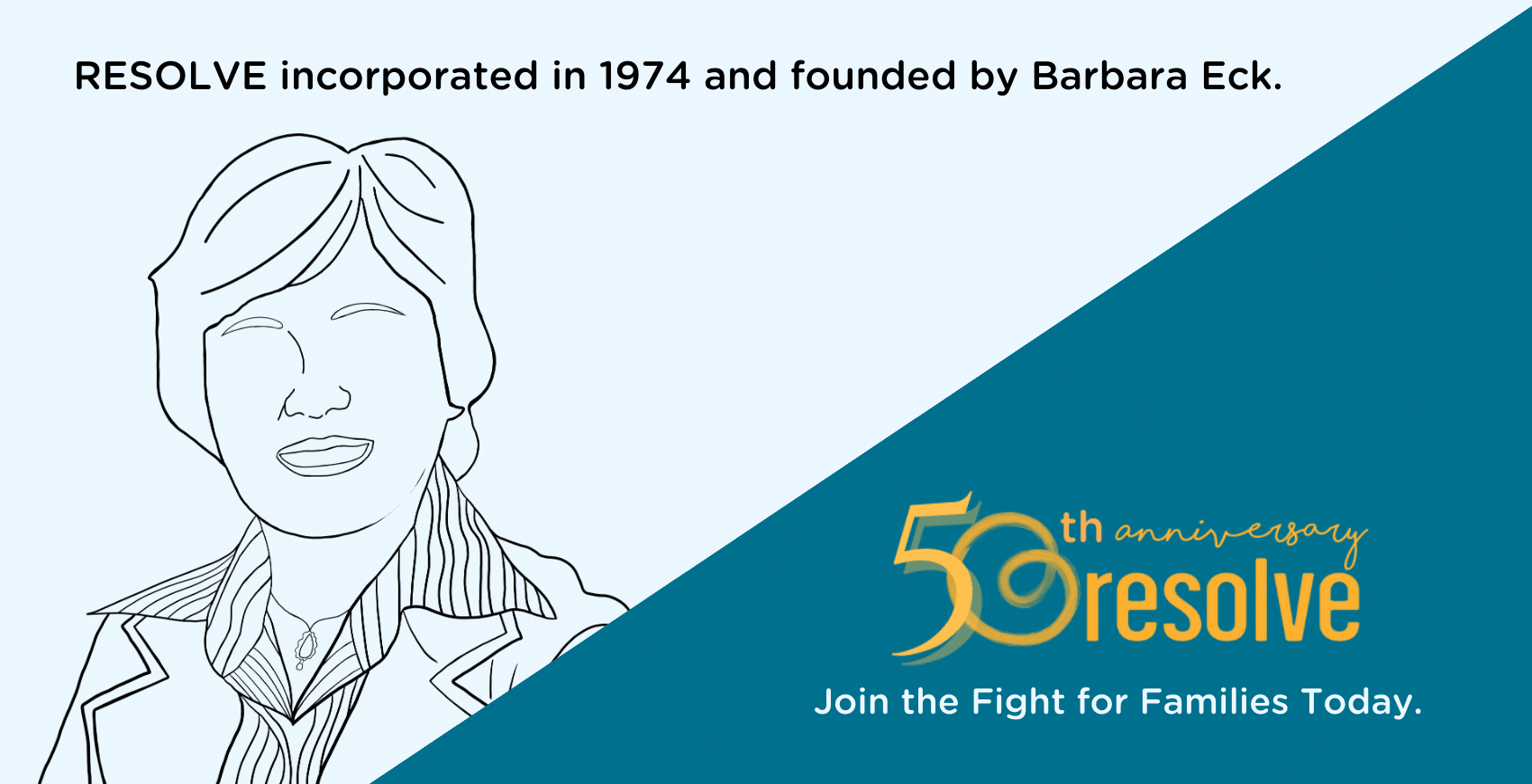
Astonishingly, in less than a month, a law was passed that allowed IVF clinics to resume care. This doesn't happen in politics usually. A collective speed to change a reality. Lucky doesn't even begin to describe what it means to have that political force lifted. People spend their entire lives fighting for a political force to be lifted and not succeed. I owe so much to everyone who worked to make this a reality, and allowed us to move forward with our care.
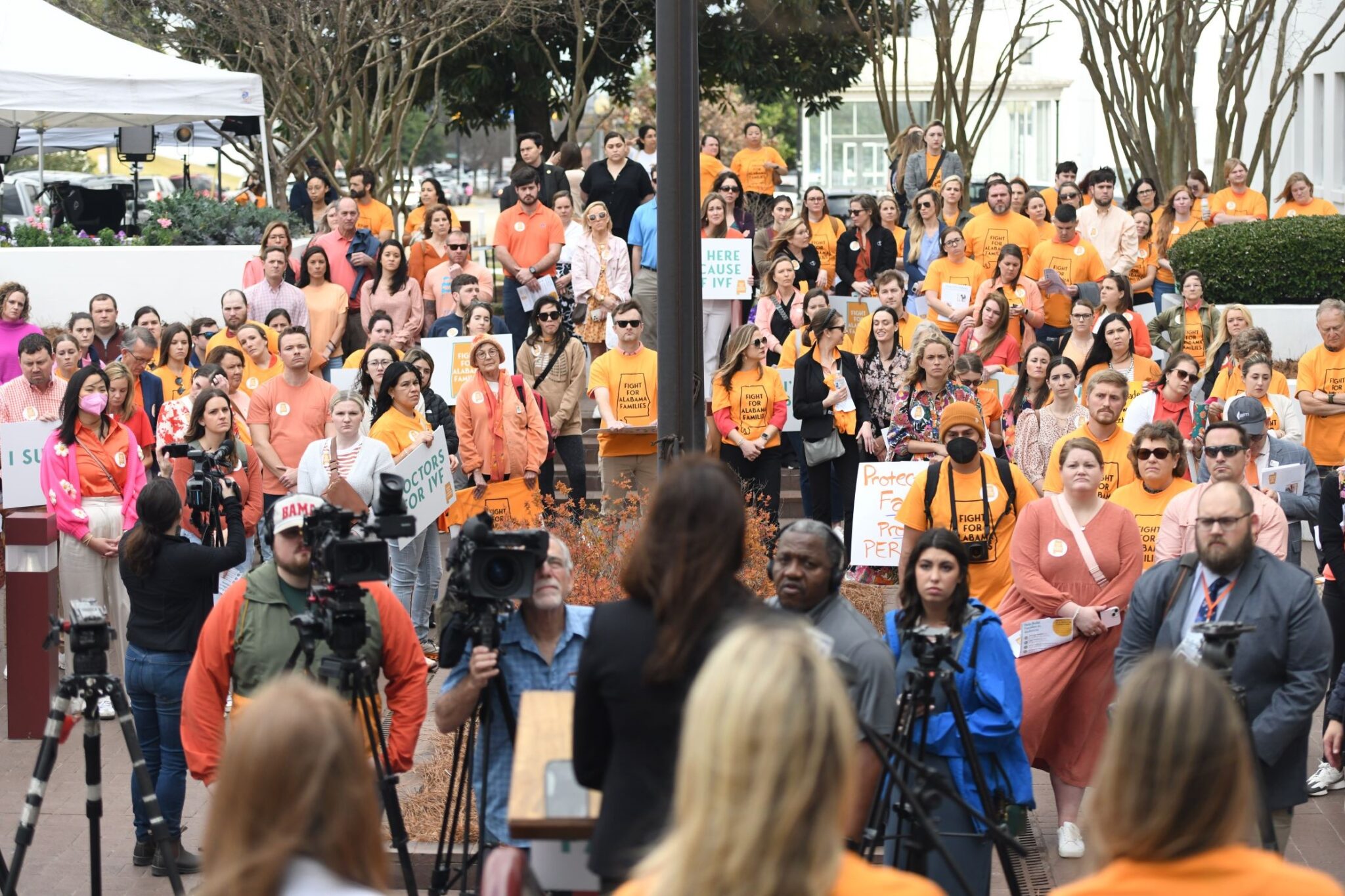
In the last week I've thought a lot about this moment that started my year. In this post-election heat, on the other end of the year, some political forces were given a new set of batteries, a new wave of energy. With choosing Trump as our President Elect, a potential gamma ray level of political forces could affect freedoms around healthcare, abortion, and fertility treatment in this country.
All that written, abortion care did have some wins this week with seven states choosing to protect the right to abortion including Arizona and Missouri. But here is a but, to my but: even with this win, one court case, one set of judges, a lattice of advocates could change things and take away care and choice.
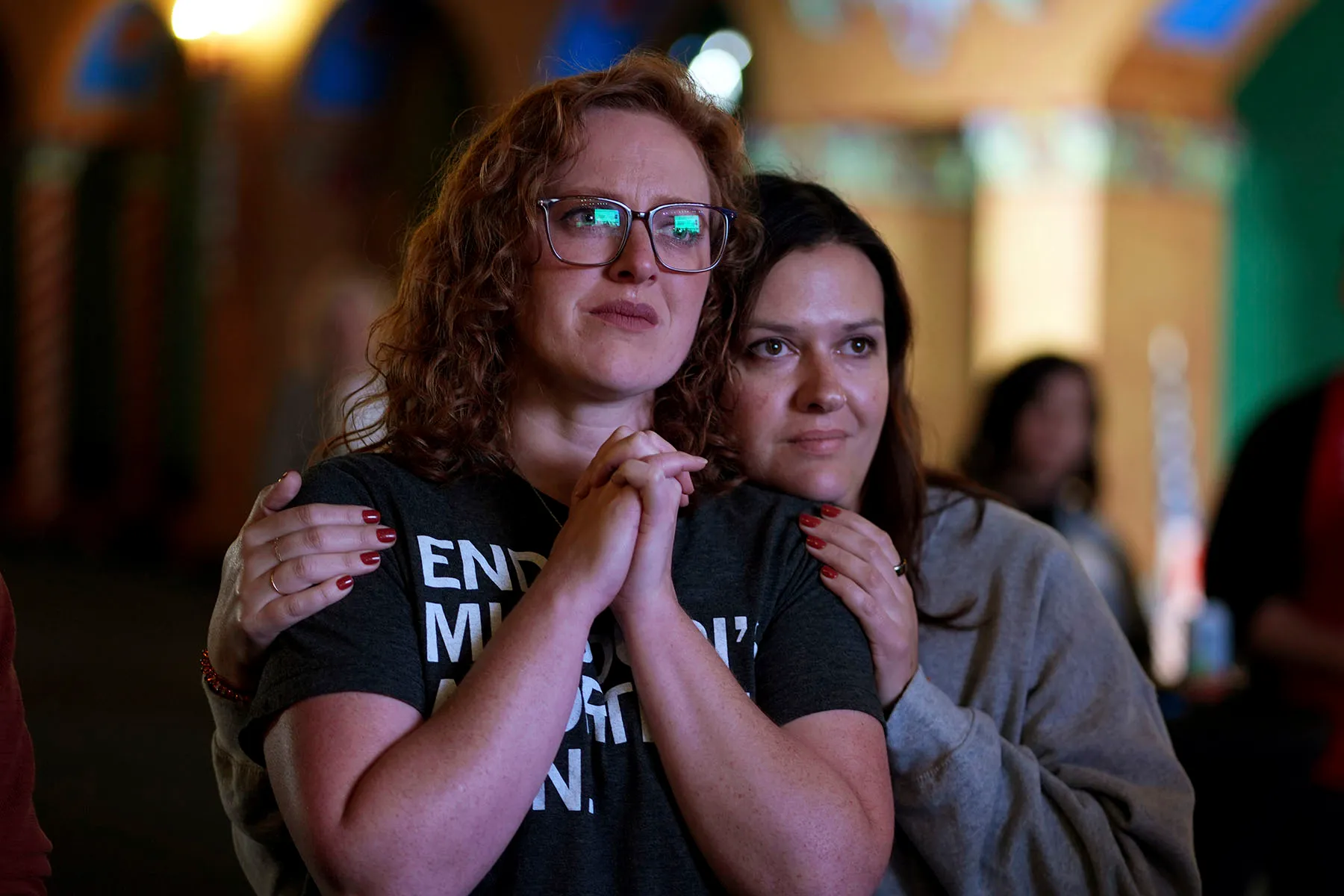
There are still pathways to changing realities. Take the crusty 1870s law like the the Comstock Act. It could be wielded to restrict access to abortion pills such as mifepristone and misoprostol, an important and common form of care, especially with so many states restricting abortion rights. Some legal experts also think the law could be interpreted and stretched like a piece of weak reason for banning abortion.
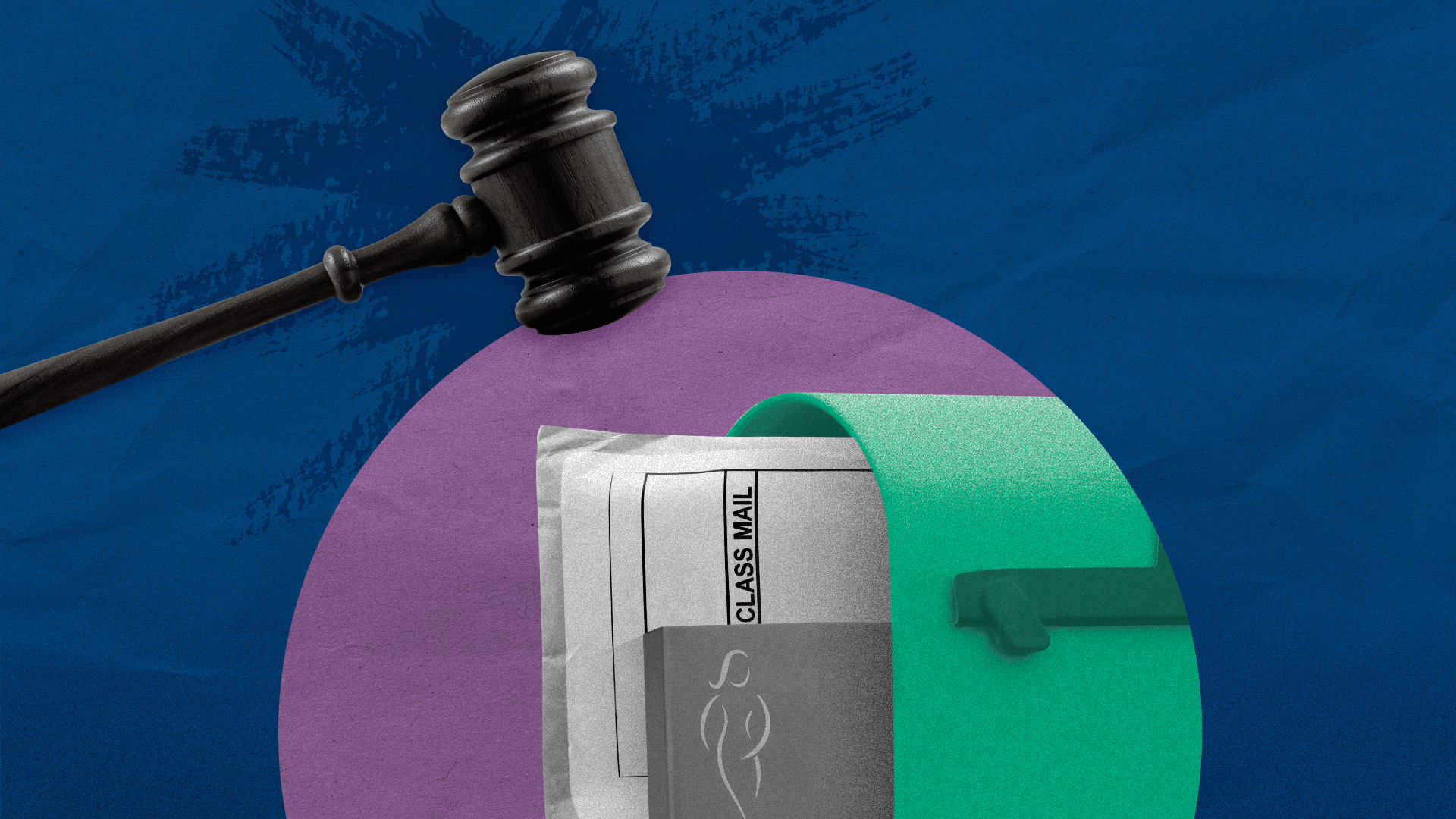
As someone who voted for Harris, I fear more states could feel like the one I live in. I fear different versions of what I felt in February. That force taking away choice. That force, in different degrees, is here. People voted for it. Perhaps for different reasons, but that force lurks.
“The future is dark, which is the best thing the future can be, I think,” the writer Virginia Woolf wrote in her diary. This quote has always given me a bit of comfort in difficult moments, especially difficult political moments. I want to give credit to Rebecca Solnit who found and synthesized this idea in her books including Hope in The Dark and Men Explain Things to Me. She is the one who gave the idea to me; an amazing gift writers provide.
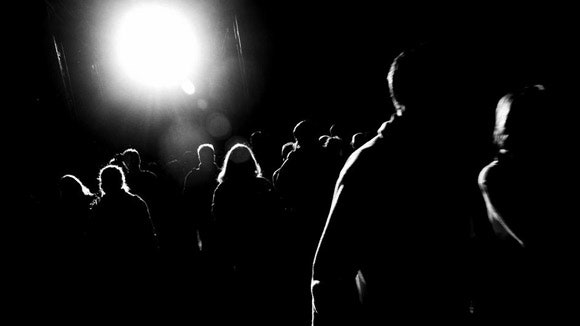
When outside forces change a reality, there is often more unknown than known. It is more dark. In that writing, Woolf, to me, is suggesting the future is dark because it is full of possibility. It is pregnant with the unknown. Darkness is good. You don't know where it might go. Because when you know the future, it means you might not take action.
If you're too optimistic, or too full of dread, you have a "memory of the future." This takes away action. If you already know what's going to happen, you don't push for a new reality, or try to create something new. Sticking to a plan can make you want to see only what you want to see. Sometimes you need to let go, embrace the unknown and see where that takes you. Often, it will be something you couldn't have imagined, but once you're there, it's something you couldn't imagine living without.
In February, I wouldn't have ever guessed that advocacy work would have led to such a fast turnaround on allowing IVF care to continue. But it did. Even with the most sound and passionate advocacy work, there are no guarantees change will occur, but if you don't try — if you don't head into the dark unknown full of blazing possibilities — I guarantee nothing will happen.
I want to help create new possibilities. I want to help create a new set of politics. I want to live in a place that gives healthcare to every person. That allows reproductive and fertility care to be accessible to all. I want to live in a place that helps care for the over 37 million Americans living in poverty (a larger population than all of Australia). I want to live in a safe place. I want to create pathways of access for learning about technology. I want to allow conditions for entrepreneurial inventions to thrive; methods, devices, systems that help fight climate change and improve life on earth, rather than destroy it. I want to help create an economic engine that makes so much of this possible, generating wealth and stability. All of this will happen not on the well-lit paths of the known, but in the womb of darkness. This is where possibility lives.
https://www.census.gov/library/publications/2023/demo/p60-280.html
Looking back over the last three years, it has long felt like it wasn't possible that we'd have a child. And yet, at times, it also felt very possible. It was an unknown. Today, as of this writing, my spouse is 30 weeks pregnant. It's nearly certain the baby will arrive safely and alive. Our baby girl will be born into a difficult world, but a world of possibility. I don't want her to live with political forces that take away her freedom, shutting down possibilities. I plan on fighting — advocating — for the best version for her.








Member discussion